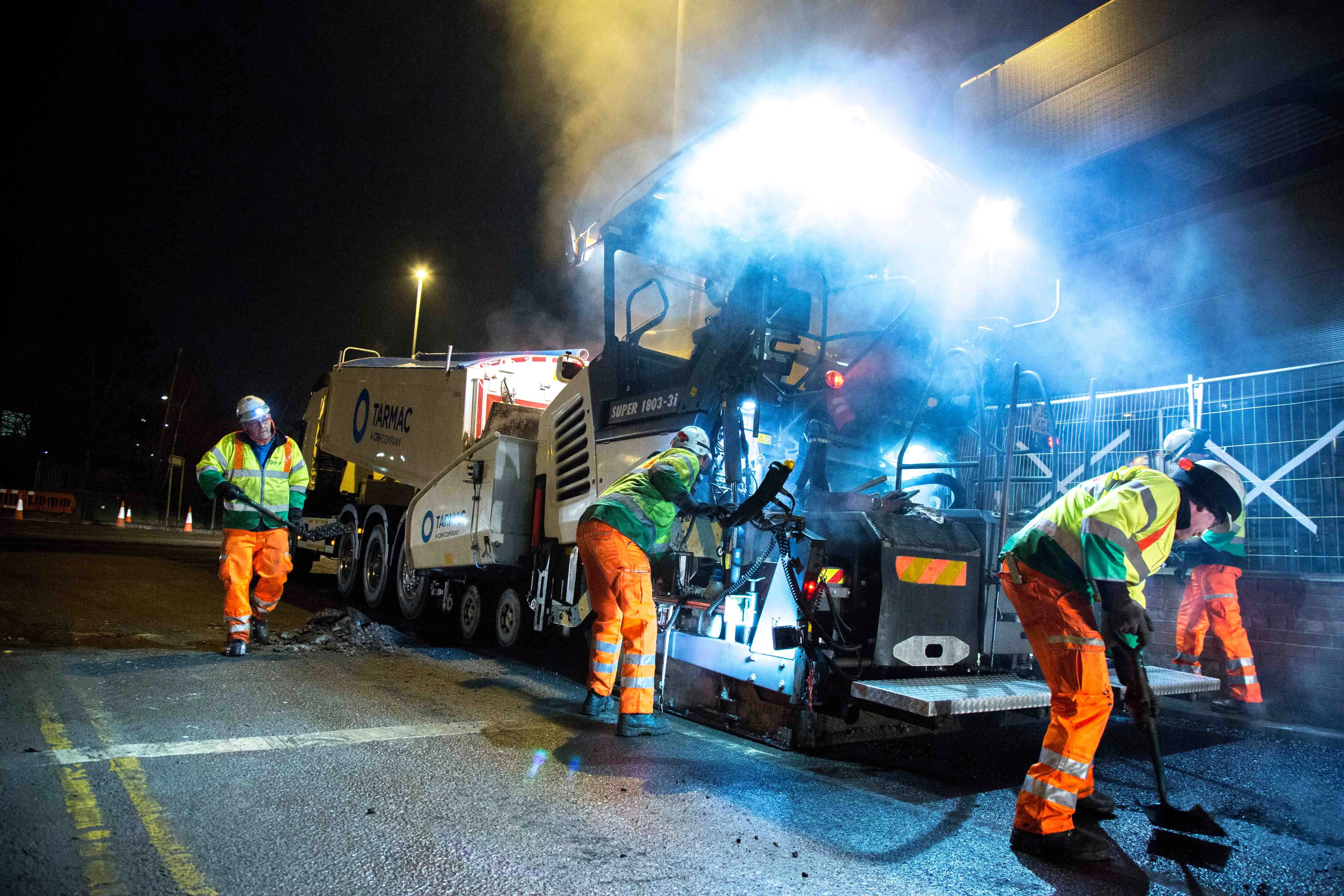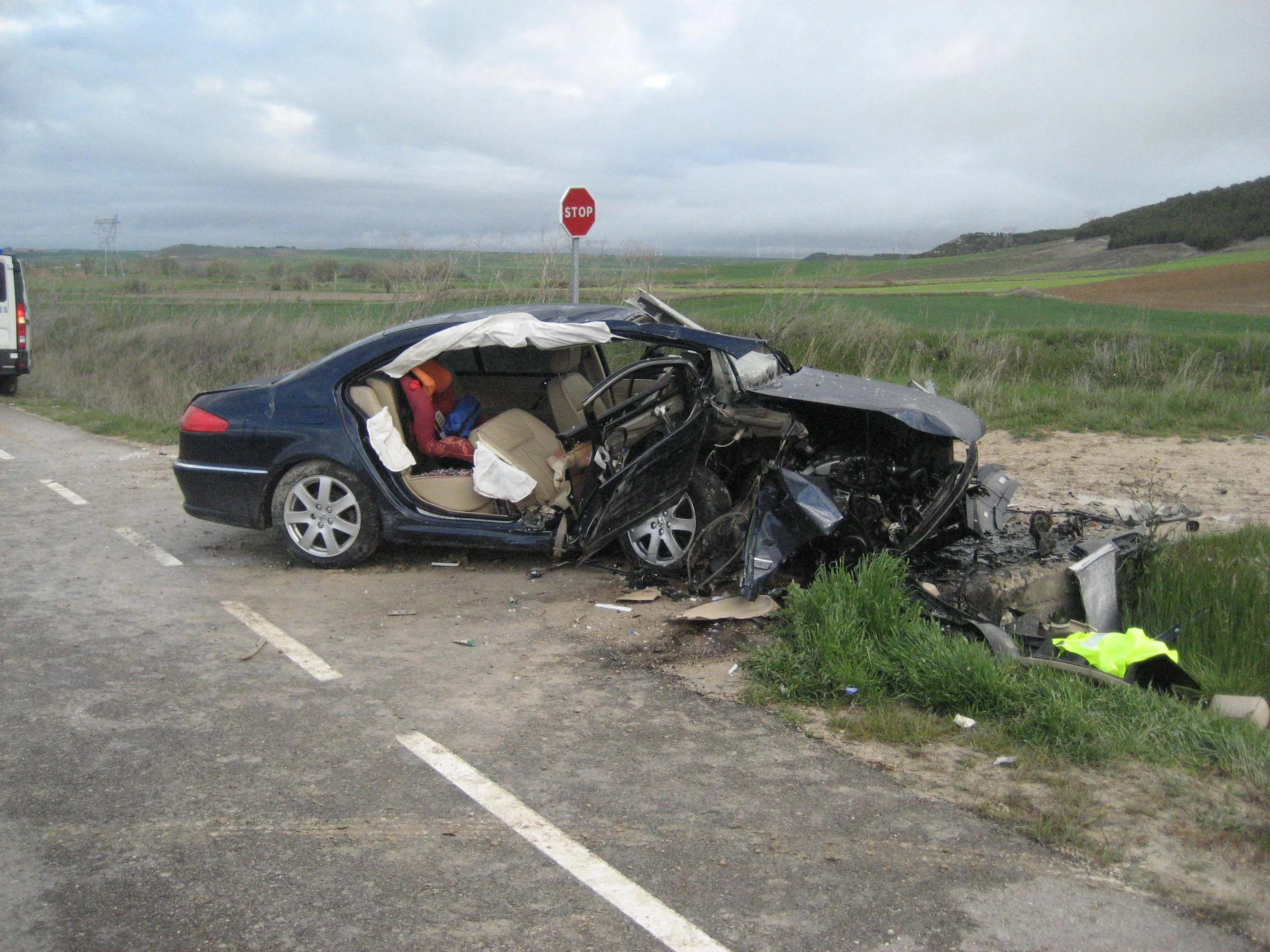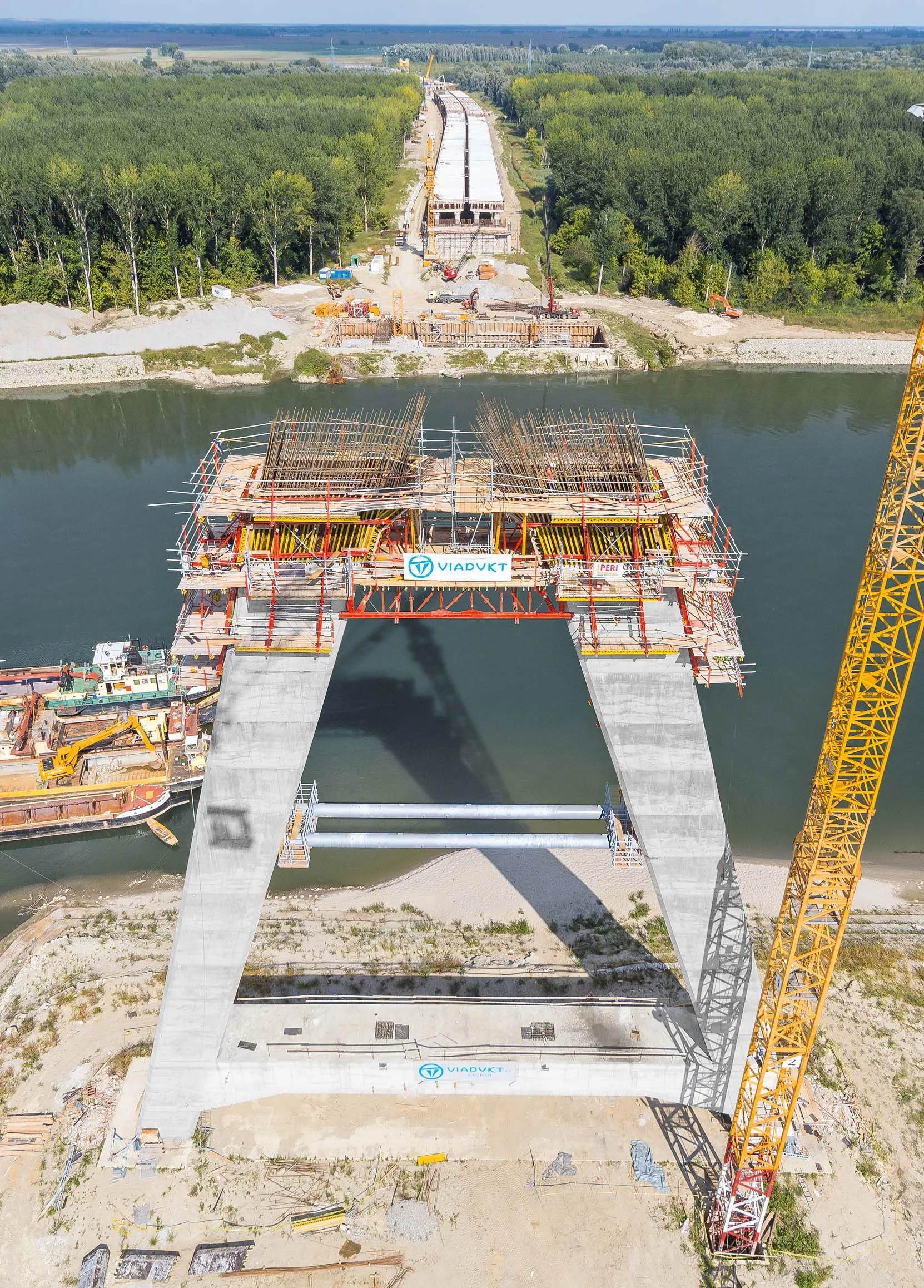Taxis in Saudi Arabia must equipped with an Automated Vehicle Locators (AVL) system, as part of new regulations set to be introduced on 22 October, 2012. The AVL will record the drop-off and pick-up location of the taxis as well as their driving speed. Taxi firms will also need to include minimum third-party insurance coverage for each driver and vehicle.
September 11, 2012
Read time: 1 min
Taxis in Saudi Arabia must equipped with an Automated Vehicle Locators (AVL) system, as part of new regulations set to be introduced on 22 October, 2012.
The AVL will record the drop-off and pick-up location of the taxis as well as their driving speed. Taxi firms will also need to include minimum third-party insurance coverage for each driver and vehicle. A US $ 53.33 fine will be imposed on taxi drivers failing the new regulations for the first time, while a $ 106.52 fine or driving license cancellation will be imposed on those found making multiple violations.
Meanwhile in Rwanda, to harmonise transport fares the6544 Rwanda Utilities Regulatory Authority (RURA) is to introduce fix standard rates for special hire taxis. Meters will have to be installed by all taxi cabs under the tariff. The proposed tariff will see the tariff for one-day taxi rental at US $ 69.08, VAT exclusive. Airport taxi will be $0.81 per km and taxi operating in Kigali will be $ 0.69 per km.
The AVL will record the drop-off and pick-up location of the taxis as well as their driving speed. Taxi firms will also need to include minimum third-party insurance coverage for each driver and vehicle. A US $ 53.33 fine will be imposed on taxi drivers failing the new regulations for the first time, while a $ 106.52 fine or driving license cancellation will be imposed on those found making multiple violations.
Meanwhile in Rwanda, to harmonise transport fares the









